Professor Jamie Rossjohn
Professor Jamie Rossjohn FAA FAHMS FLSW FMedSci FRS
Prof. Jamie Rossjohn’s research is centred on an understanding immunity. He is currently a NHMRC Investigator L3 Fellow (2022-26) and previously an ARC Australian Laureate Fellow (2017-21), NHMRC Australia Fellow (2011-16) and ARC Federation Fellow (2007-11). In 2022, Prof. Rossjohn was elected as a Fellow of the Royal Society and Associate Member of EMBO.
Prof. Rossjohn is known for his contributions to the understanding the molecular basis underpinning immunity. He has used structural biology to explain pre-T- cell receptor (TCR) self-association in T-cell development, and how the TCR specifically recognises polymorphic Human Leukocyte Antigen (HLA) molecules in the context of viral immunity and aberrant T- cell reactivity.
He has unearthed structural mechanisms of HLA polymorphism impacting on drug and food hypersensitivities, as well as Natural Killer cell receptor recognition. He has pioneered our molecular understanding of lipid-based immunity by T cells, revealing that it can differ fundamentally from peptide-mediated adaptive immunity.
Recently he has provided a structural basis of how vitamin B metabolites can be presented and recognised by the immune system, revealing a new class of antigen. Collectively, he has published > 522 papers and mentored numerous researchers towards obtaining higher degrees and nationally competitive fellowships.
Since 2017, he has developed scientific outreach activities that embrace those in the community that are disadvantaged; namely employing people in his laboratory with a disability through internships/scholarship programs; and together with legally-blind artist in residence, Dr Erica Tandori, is making science accessible to the blind and low vision community via Monash Sensory Science exhibitions.
What We Do
The laboratory is currently investigating two broad, yet interrelated areas addressing pivotal molecular interactions in immunity: Our program is inter-linked to create a complete systematic study, namely host recognition, responses developed by the pathogen, and drug design to modulate and/or counteract these events.
Here we aim to provide a fundamental advancement of knowledge of events that are central to innate and adaptive immunity. Understanding the structural and biophysical basis of MHC-restriction, TCR engagement, the structural correlates of T-cell signalling is significant; they represent central questions in the field of adaptive immunity. Moreover, investigating the structural basis of T-cell allorecognition, and T-cell mediated autoimmunity, will collectively provide clear insights into immune dysfunction. In addition, focusing on generic components of innate immunity is important, as the mechanisms underlying innate recognition, is simply unknown.
Our Highlights
Recent Fellowship and Award Success
- Prof. Jamie Rossjohn elected Fellow of the Royal Society
- Prof. Jamie Rossjohn elected Associate Member of EMBO
- Prof. Jamie Rossjohn NHMRC Investigator Leadership 3 Fellowship
- Dr Adam Shahine NHMRC Investigator Emerging Leadership 1 Fellowship, The Dean’s Awards for Excellence in Research – Early Career Researcher, ARC DECRA Fellow (2021-23)
- Dr Ben Gully, Future Leader Postdoctoral Fellowship 2023
- Dr Praveena Thirunavukkarasu, ARC DECRA Fellow, Eppendorf EDMAN ECR award for 2024
- Dr Wael Awad, ARC DECRA Fellow, 2023 BDI research accelerator program, 2022 Eppendorf Edman ECR Award
- Dr Jerome Le Nours ARC Future fellow (2016-20)
Academia-Industry
- Monash and Janssen Multi Year Research Collaboration (Watch video: Collaborating for What’s Now & What’s Next)
- Monash and Immutep Multi Year Research Collaboration
Mentorship
- Future students
Outreach
- Monash Sensory Science
- Disability student scholarships and graduate internships
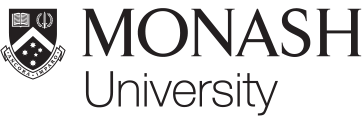

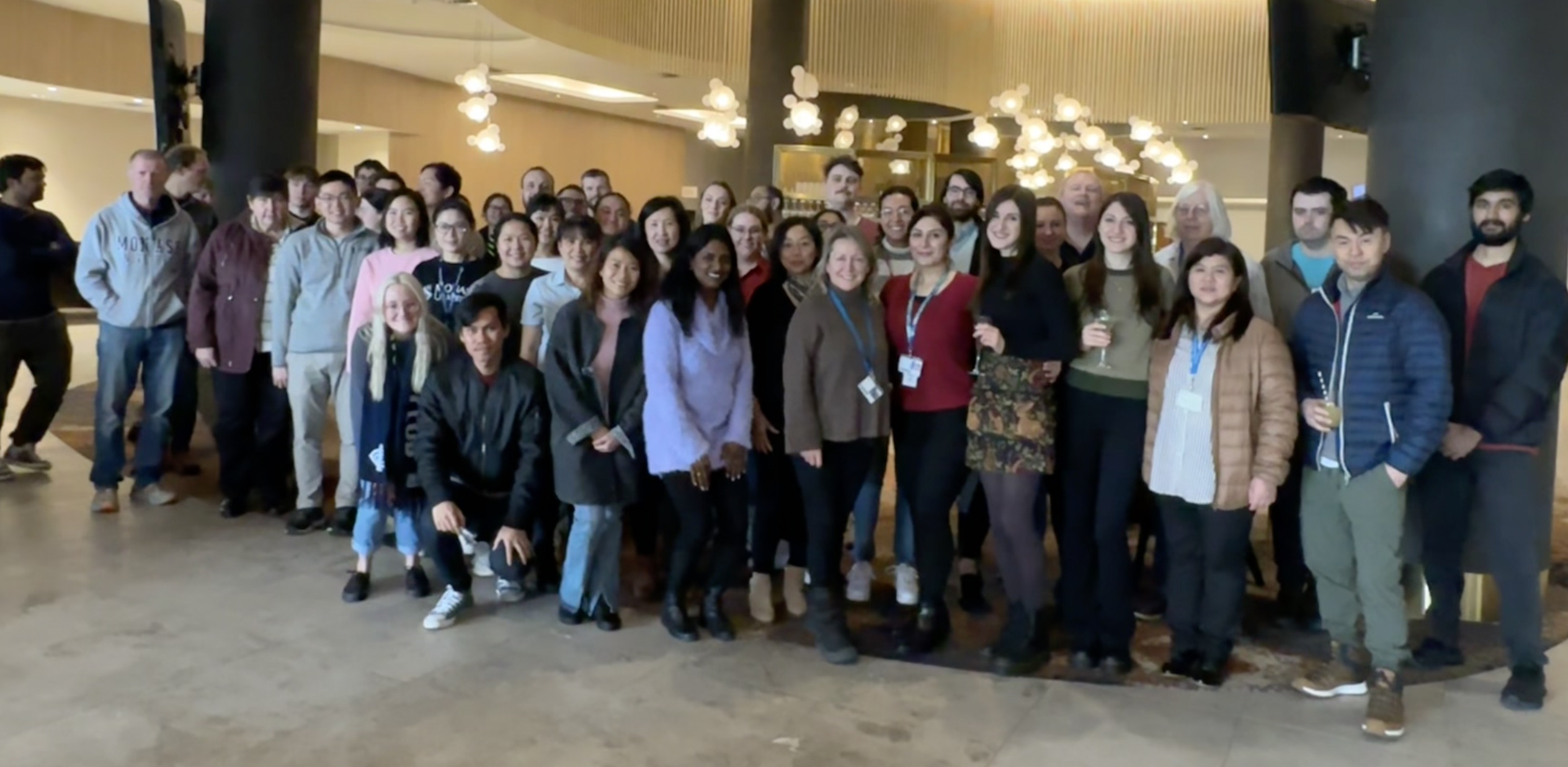



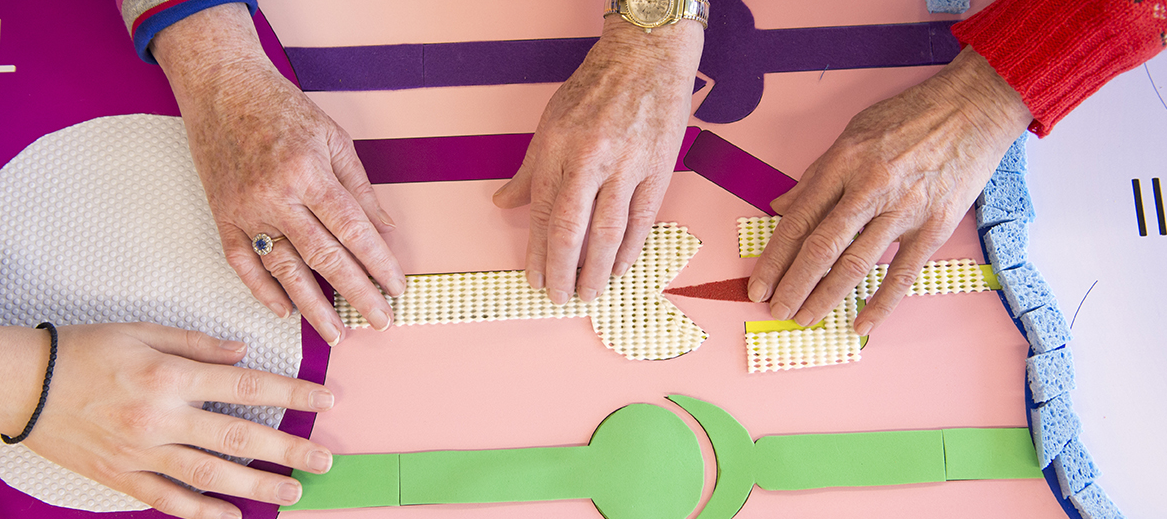
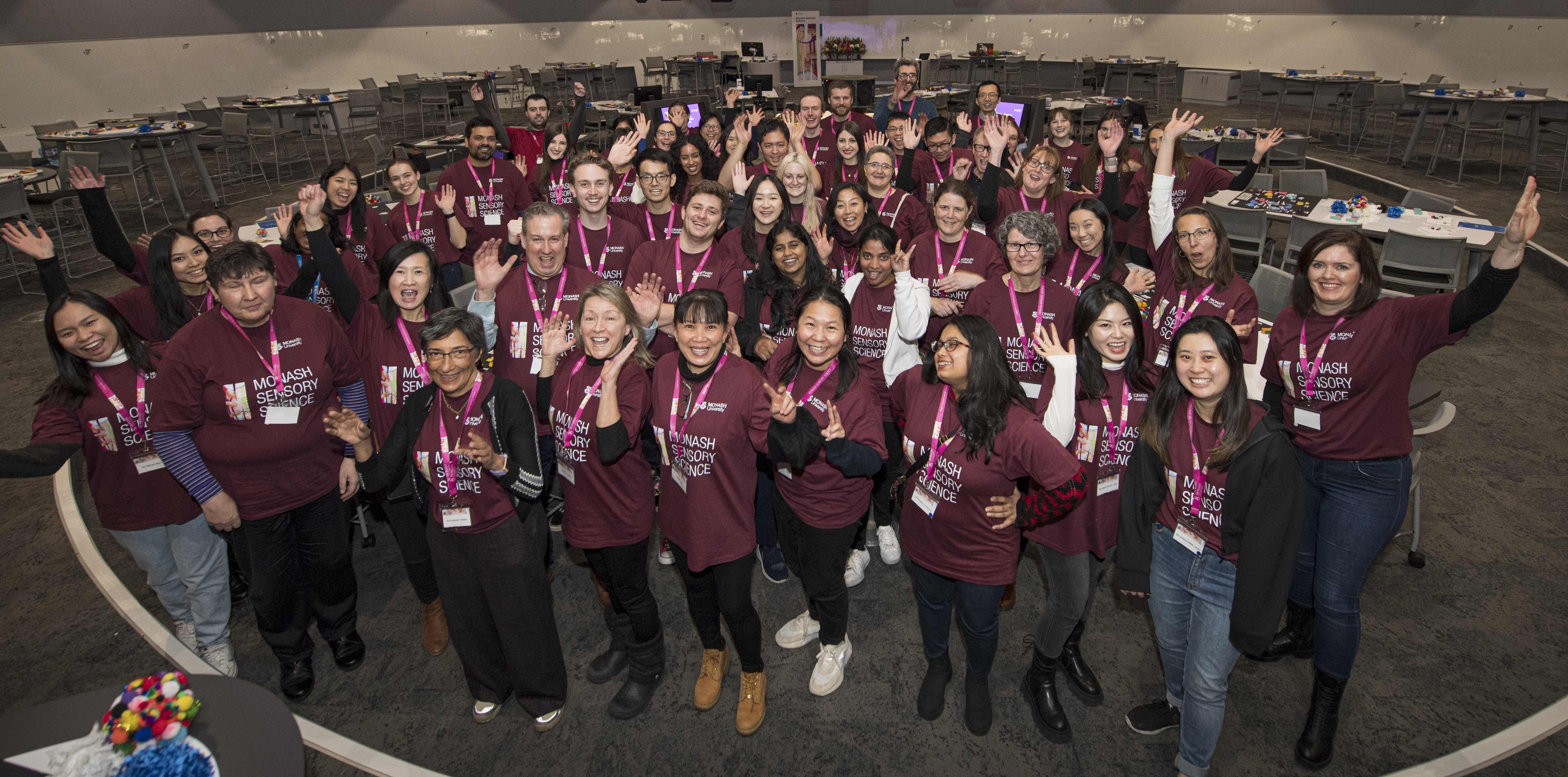
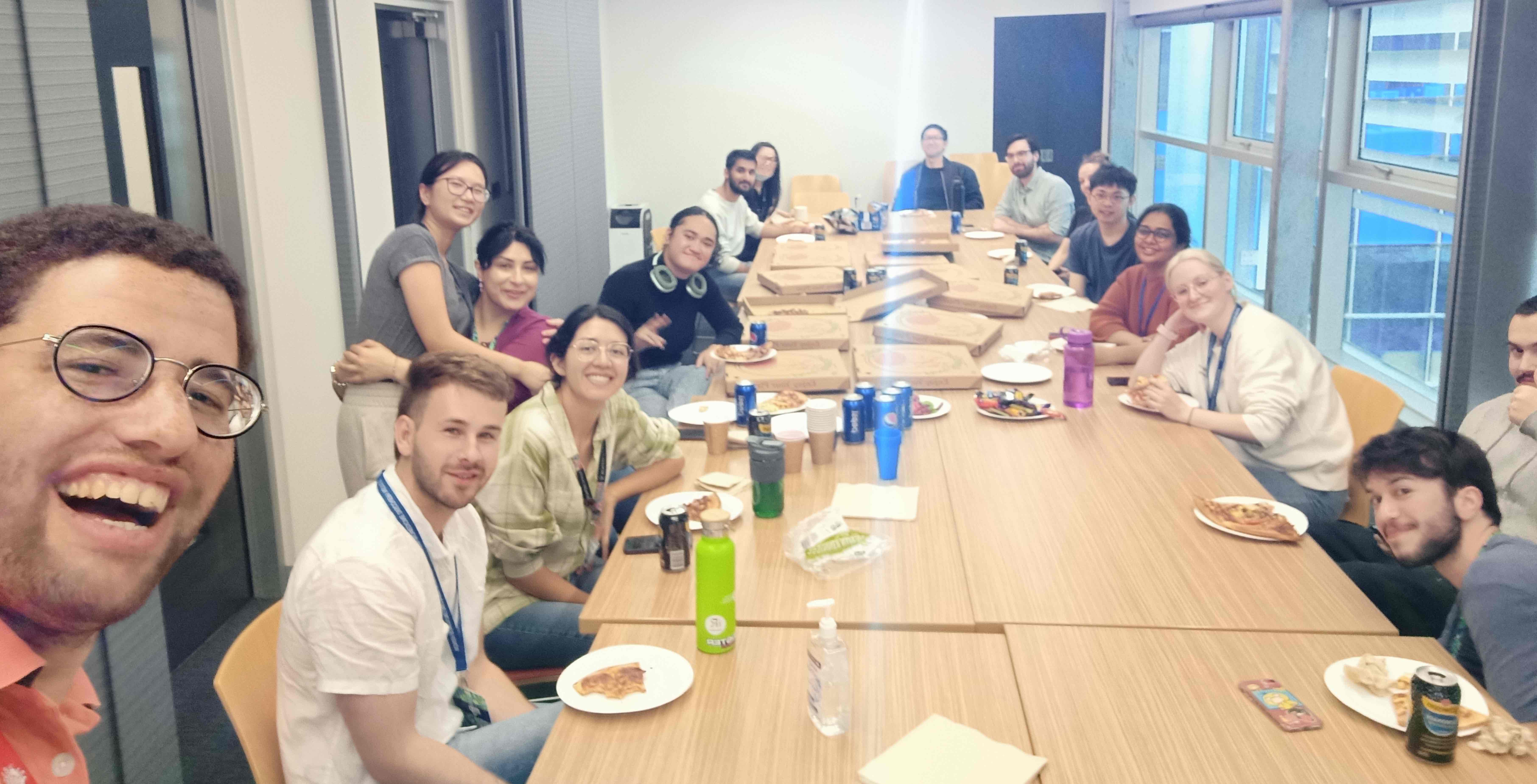
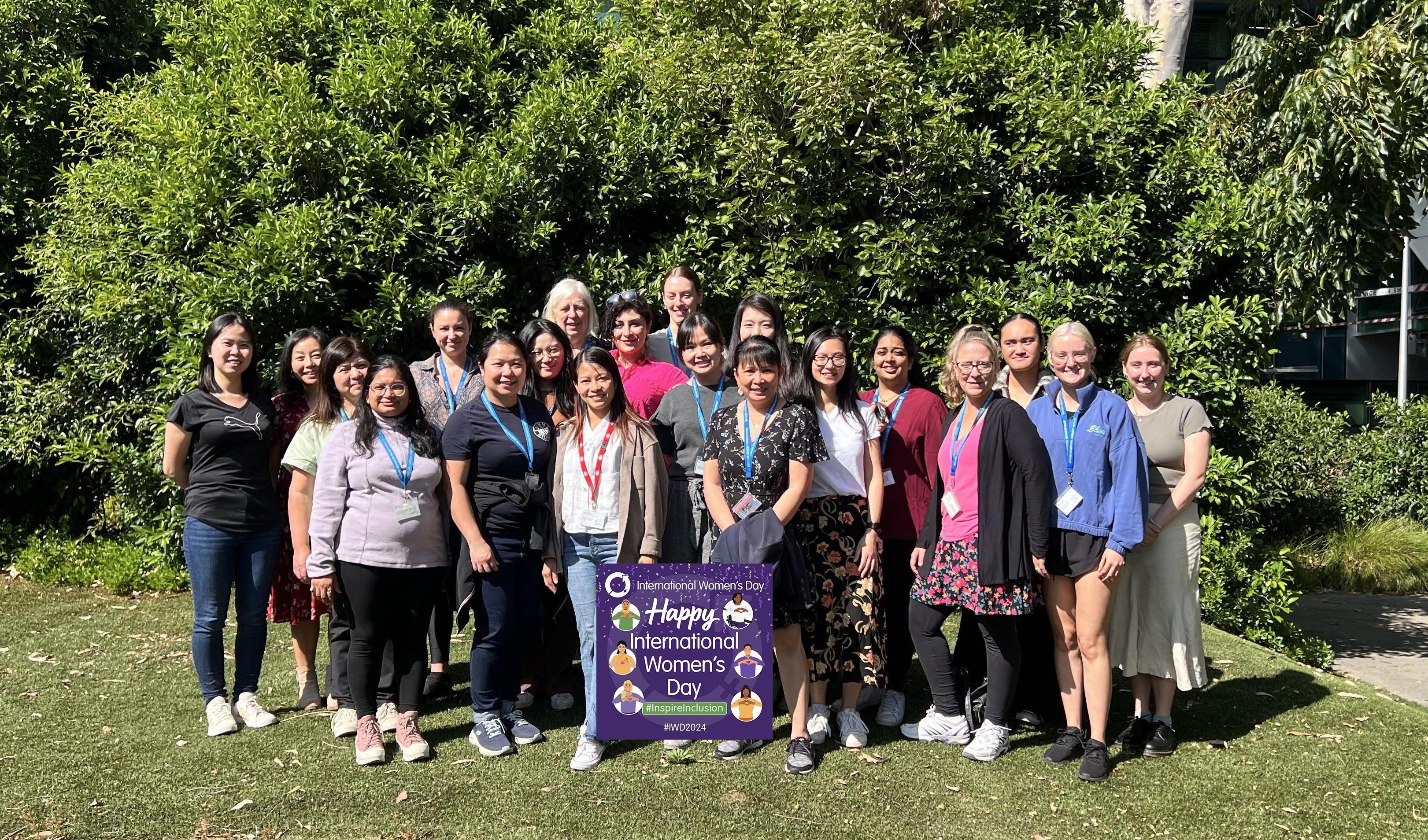
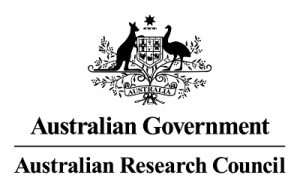

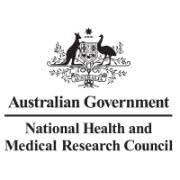
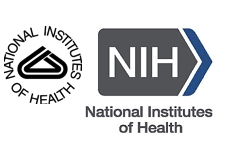



Come visit us at the Coeliac Australia Gluten-free Expo
/in News /by Jennifer HuynhCoeliac Australia is excited to announce that the Coeliac Australia Gluten-Free Expo is back in Melbourne in 2024! October 5 and 6 Don’t miss Australia’s largest 100% Gluten-Free Event in Victoria! It’s a fantastic opportunity to learn, taste, and shop the latest in gluten-free food. With many exhibitors offering show specials, attendees can grab a […]
Congrats Ben and team on your Nature paper
/in News /by Jennifer HuynhStructure of a key “trigger” of the immune response solved An international collaboration, involving researchers from Monash University and the University of Oxford, has led to a breakthrough in our understanding of how immune responses are started. The study has just been published in Nature. The human immune system comprises multiple important white blood cells (i.e., lymphocytes) including […]
Monash Sensory Science exhibition and books gain international recognition
/in News /by Jennifer HuynhA creative and inclusive Monash University program to employ laboratory staff with disabilities and bring science to life for those with low vision has been highlighted in the journal Cell . It is hoped that this publication will catalyse other researchers and institutions to be more inclusive in the workplace and in public engagement. Monash Sensory Science began […]
Professor Jamie Rossjohn honoured with prestigious international award
/in News /by Jennifer HuynhLeading researcher Professor Jamie Rossjohn from the Monash Biomedicine Discovery Institute has been selected to receive the Ceppellini Award 2024 in memory of Ruggero Ceppellini, one of the pioneers in the field of immunogenetics. The prestigious lifetime achievement award was presented at the 37th EFI Conference in Geneva, Switzerland on 20 May 2024. As the awardee, Professor Rossjohn was also invited […]